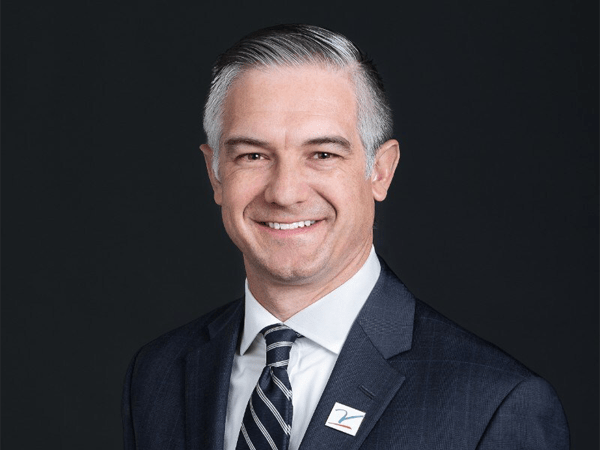Cancer patients face a sharply higher risk of suicide than the general population, but the strongest risk factors may be mitigated through increased screening for depression, expanded use of psychosocial and palliative care, and improved access to adequate health insurance, according to a recent study led by American Cancer Society researchers.
To access this subscriber-only content please log in or subscribe.
If your institution has a site license, log in with IP-login or register for a sponsored account.*
*Not all site licenses are enrolled in sponsored accounts.
Login Subscribe
If your institution has a site license, log in with IP-login or register for a sponsored account.*
*Not all site licenses are enrolled in sponsored accounts.
Login Subscribe










